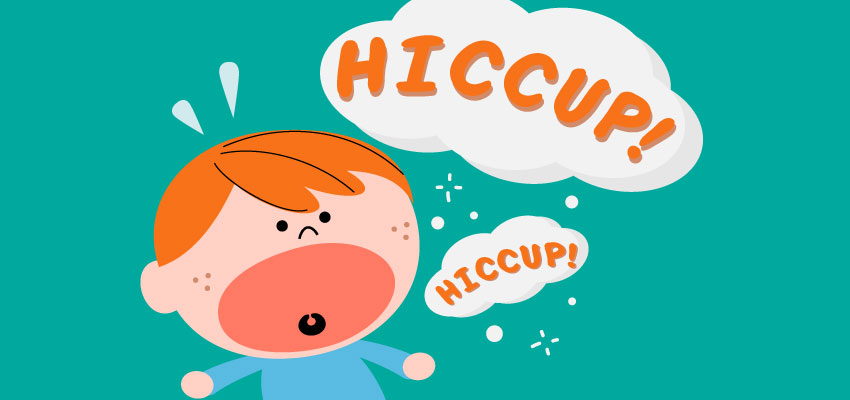Hiccups are a reflexive contraction of the diaphragm muscle, causing a sudden intake of breath that results in a “hic” sound. While hiccups are usually harmless and go away on their own after a few minutes, they can be annoying and uncomfortable. Here are some methods you can try to stop hiccups:

Hold your breath
Taking a deep breath and holding it can help to increase the amount of carbon dioxide in your bloodstream, which can cause your body to relax and interrupt the cycle of hiccups. The goal is to hold your breath long enough to let your diaphragm muscle relax, which will usually take around 10 to 20 seconds.
Drink water
Drinking water can help to soothe the irritation in your throat or esophagus that may be causing the hiccups. The act of swallowing also helps to interrupt the cycle of hiccups and reset your breathing pattern.
Breathe into a paper bag
Breathing into a paper bag can help to increase the amount of carbon dioxide in your bloodstream, which can relax your diaphragm muscle and stop hiccups. This method is similar to holding your breath but is more effective because it keeps the carbon dioxide in your body for a longer period of time.
Pull your knees to your chest
This method involves sitting down and pulling your knees up to your chest, which puts pressure on your diaphragm muscle and helps to relax it. This pressure can help to interrupt the cycle of hiccups and reset your breathing pattern.
Gargle with water
Gargling with water can help to stimulate the vagus nerve, which runs from the brain to the abdomen and is involved in hiccupping. Stimulating this nerve can help to interrupt the cycle of hiccups and stop them.
Swallow something sweet or sour
Eating something sweet or sour, such as a teaspoon of sugar or a slice of lemon, can help to stimulate the nerves in your throat and may help to stop hiccups. The stimulation of these nerves can help to interrupt the cycle of hiccups and reset your breathing pattern.
In general, the goal of these methods is to interrupt the cycle of hiccups and reset your breathing pattern. They work by either relaxing the diaphragm muscle, stimulating the vagus nerve, or resetting your breathing pattern through a change in pressure or sensation in the throat or esophagus. However, if your hiccups persist for more than 48 hours or are accompanied by other symptoms, such as difficulty swallowing or vomiting, you should see a doctor to rule out any underlying medical conditions.





